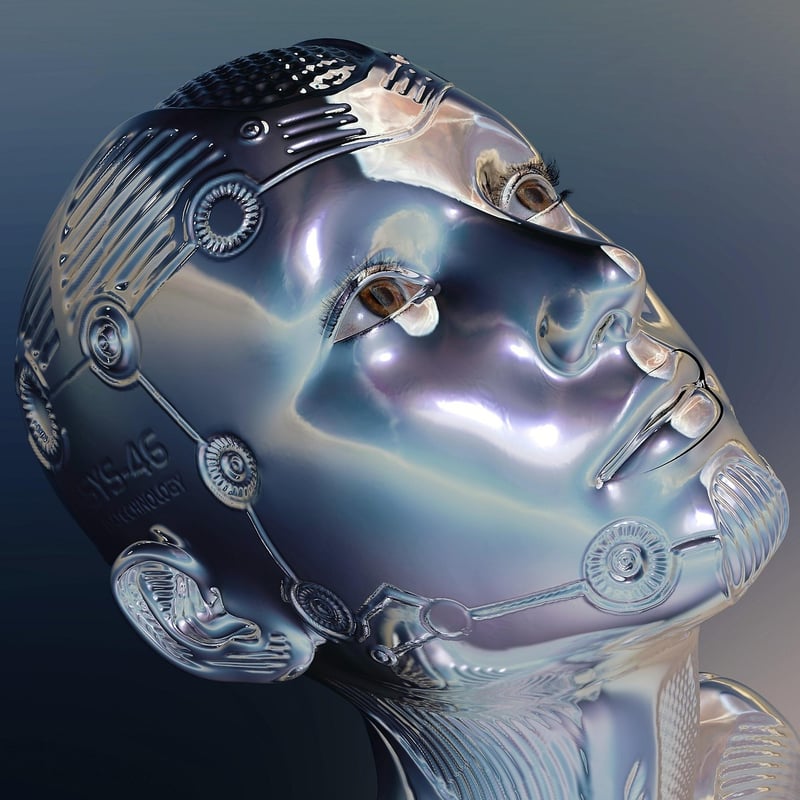Temporal Ethics
The Intersection of Technology and Theories with Temporal Ethics
In today's rapidly evolving world, the relationship between technology and theoretical frameworks has become increasingly intertwined. This fusion has not only revolutionized the way we live and work but has also raised profound ethical questions, especially in the realm of temporal ethics.
Understanding Technology and Theories
Technology serves as the practical application of scientific knowledge for various purposes. Theories, on the other hand, provide a systematic framework to explain and predict phenomena. When these two elements converge, they create a dynamic landscape for innovation and progress.
Artificial Intelligence
One of the most prominent examples of this convergence is Artificial Intelligence (AI). AI utilizes theories from cognitive science, computer science, and mathematics to develop intelligent systems that can perform tasks traditionally requiring human intelligence.

Temporal Ethics: The Ethical Dimension of Time
Temporal ethics explores the moral implications of time-related concepts, such as past, present, and future. In the context of technology, temporal ethics delves into the ethical considerations arising from the use of time-manipulating technologies.
Time Travel Paradoxes
Concepts like time travel pose intriguing ethical dilemmas. The classic grandfather paradox, where one's actions in the past could alter the future, raises questions about causality, responsibility, and the consequences of altering timelines.

The Moral Responsibility of Innovation
As technology continues to advance, the ethical implications of temporal manipulation grow more complex. Innovators and policymakers must consider the potential consequences of their creations on past, present, and future timelines.
Ensuring Ethical Development
It is crucial for individuals involved in technological innovation to adhere to ethical guidelines that prioritize the well-being of society and minimize harm. Ethical frameworks, such as utilitarianism and deontology, can help guide decision-making in this rapidly evolving landscape.
Conclusion
The convergence of technology and theories with temporal ethics presents both exciting possibilities and ethical challenges. By fostering a deeper understanding of these intersections and promoting ethical practices, we can navigate this complex terrain responsibly and ensure a more ethical technological future.
